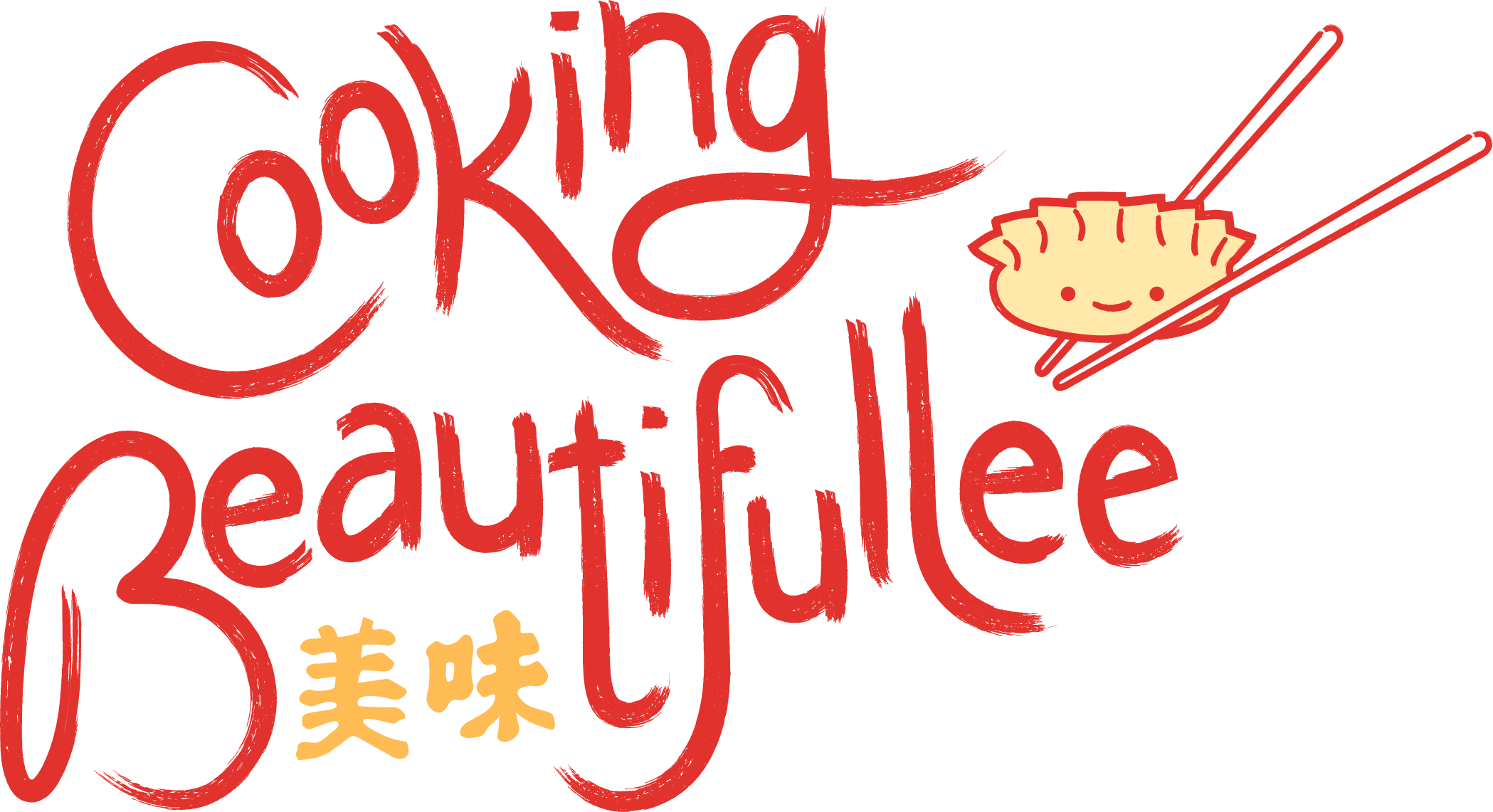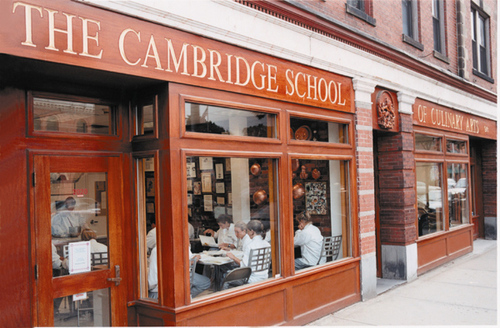Do You Ever Ask Yourself, “Should I Go To Culinary School?”
Being a chef instructor, I'm very fortunate to cook with students who are passionate about food. I mainly teach recreational classes. I can't remember how many times my students told me how much they enjoy cooking. "My dream is to quit my job and cook all day, just like you, chef," one of my students said. I knew that this student currently had a solid career and income. My advise to her? Please don't quit your day job. "If you love to cook, just cook more often at home." That's my advice.
I know. Culinary school and cooking for a profession might sound intriguing. I spend most of time encouraging students to cook. I do, however, spending good amount of time to talk students "out" of being a cook as a career. Cooking as a career is hard work. It is not like reading beautiful cookbooks in a tranquil coffee house, curating in a museum, traveling abroad, or camping in the woods to look for inspiration and then turning on music in the kitchen, smelling each spice, and creating your signature dishes. "But the chefs in "Chef's Table" on Netflix do this," you may argue. Yes, they do. They are one in a million. Before these chefs achieve the status and success they have today, they all worked more than twelve hours a day, six or seven days a week, for years.
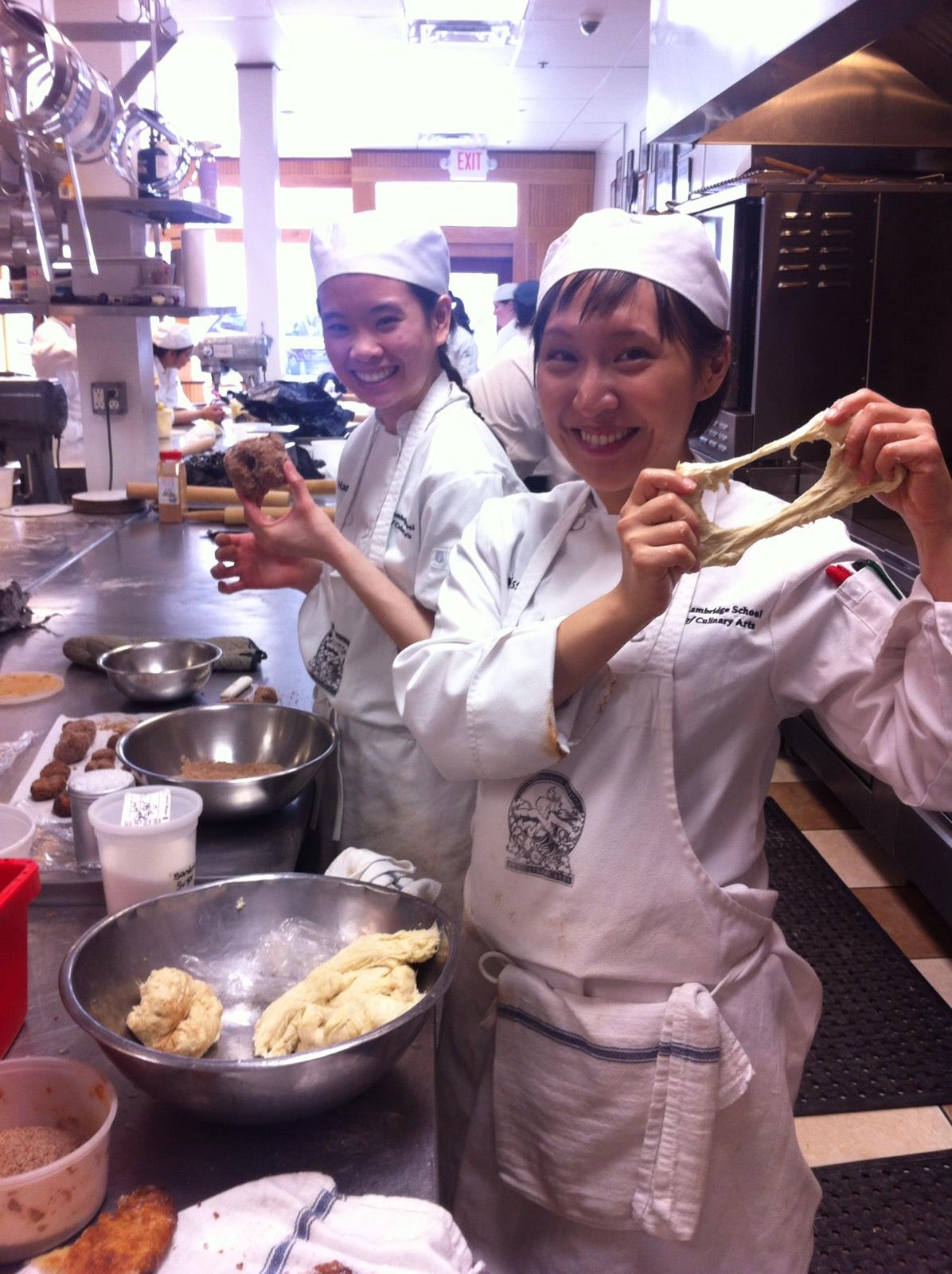
Working in a commercial kitchen is both physically and mentally demanding. Even though there are celebrity chefs, most of the cooks and chefs in the food industry do not make as much income as other professionals. I graduated from the best university back home in Taiwan. While my college classmates are curing cancer or launching bio-tech company, I am either cutting butters or kneading the yeast dough. However, I measure success by how many hearts I've touched. Whenever I received emails of students cooking at home, it makes my day. If you're like me, finding this kind of success is more rewarding than seeing your income double or triple, cooking can be a right decision for you.
I have worked with amazing chefs who have never been to any culinary schools, such as Chef Joanne Chang. Do you have to go to culinary schools to become a great chef? No. Is there any benefit to go to a culinary school? Yes! There are many. Let me list a few here.
1. Go to Culinary School for a System to Learn Baking as Science
The program I took at Cambridge School of Culinary Arts was a pastry program. Therefore, I can only speak for pastry students. When you work in a commercial kitchen, no one has time to take you to the pantry and explain the difference among bread flour, all purpose flour, wheat flour, self-rising flour, and cake flour. No further explanation of the difference between baking soda and baking powder, Dutch processed coco power and regular coco powder, granulated sugar and confectioner sugar.
In a commercial kitchen, you follow the Chef's instruction with no question. When you start from the bottom, you are not in the position to ask "why." Whatever you're told to do, you say "Yes, Chef." For example, every time you make banana bread, you are told to add baking soda instead of baking powder. You learn that's the right ingredient for banana bread. You may, however, never find out that baking powder contains acid and baking soda doesn't. Banana provides acidity, and therefore, you should use baking soda and not baking powder.
I gained a solid understanding of many ingredients when I was at Cambridge School of Culinary Arts, and this helps me to analyze a recipe in a scientific way. I understand why a recipe requires certain ingredients and why certain techniques are applied. When I have to tweak the recipe, I know how to do it base on the knowledge I earned when I was at school.
2. Go to Culinary School to Learn Classic Techniques as Basics
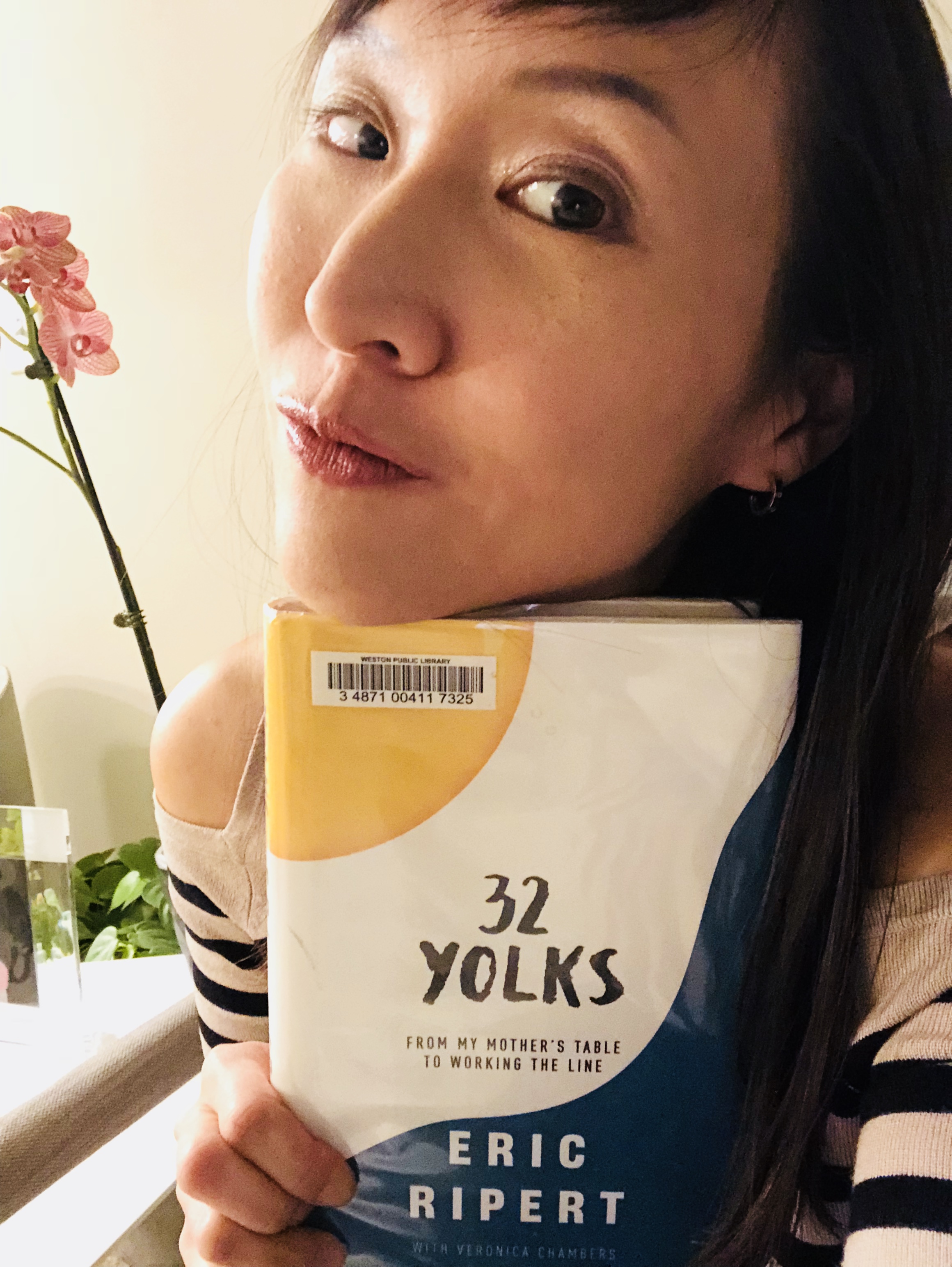
My favorite memoir is Chef Eric Ripert's 32 Yolks. In this book, he talks about how he could hardly separate 32 egg yolks to make the classic hollandaise sauce after he graduated from the culinary school. His memoir reminds me of many clumsy moments when I first entered a commercial kitchen. You don't gain speed and efficiency at culinary school. You learn the classic techniques in a systematic way there and that get you prepared to work in a commercial kitchen.
For example, both pastry cream and cream Anglaise are egg custards. When the chef in a commercial kitchen asks you to make pastry cream, he or she would assume you know how to temper milk into egg yolks instead of making scrambled eggs. He or she would assume you know you have to cook the pastry cream until it boils like lava from a volcano. When the chef asks you to make cream Anglaise, he or she will expect you know how to temper the egg yolk and how "not" to boil the custard or cook it until "nap" stage. There are so much jargon in professional kitchens that you can get overwhelmed and lost in one hour. At Culinary School, chefs are there to teach you. They take time answering question and demonstrate all the techniques for you, so you will be well prepared when you enter a "real" kitchen.
Every great chef will tell you the same thing, "You have to master the basics and then you can be creative." Speed will come after you run huge volume of production on a daily basis. Once you master the basic technique, you can give any recipe your personal twist. For example, once you master Crème Anglaise (the basic ice cream base), you can tweak the recipe in unlimited ways. Chinese twist? Infuse the cream with Oolong tea or sesame. Japanese twist: add some yuzu zest. Want to challenge the boundary between sweet and savory: add miso or saffron.
3. Go to Culinary School to Network
When I was thinking about to going to a culinary school, there were two options for me. One was Le Cordon Bleu in Boston. The other one was Cambridge School of Culinary Arts in Cambridge. I choose the later one because it has so much longer history in the Boston Area and has great reputation in the food industry in New England.
Before I enrolled, I told my career consultant, Jen, that I only wanted to work at Flour Bakery. She told me she will try her best to help me, and she did. I got my full time job at Flour several weeks before I finished my courses at Cambridge School of Culinary Arts. Once I decided to work as Chef instructor, Matt, the current career consultant at Cambridge School of Culinary Arts, got me the interview with Lori, the owner of Culinary Underground, also an alumni from Cambridge School of Culinary Arts. Lori has been my boss and mentor every since I worked at Culinary Underground. She is like a living food Wikipedia. She is incredibility generous with her time and knowledge whenever I have questions regarding food and life. Every place I have worked, there are alumni from Cambridge School of Culinary Arts. I cannot tell you how fortunate for me to have so many friends in the food industry who graduated from the same school. Many of them were very generous to share their time and provided me great advice on my culinary journey. Because I've received so much, I never hesitate to share my experience with the students who ask me for advice.
I have been in United States for more than ten years. When I just left my hometown Taipei, I was the girl who didn't know how to crack an egg. Growing up, we had a cook in our house, and I only knew how to be served, rather than how to serve people. I would have never dreamed that one day I would be capable of cooking and sharing the joy of cooking with other people. I am so blessed that I can persue the career I love. Without the education I received from Cambridge School of Culinary Arts, I can never get to where I am today. I have come so far, and there is still so much to be done. To learn more about Cambridge School of Arts, read this article.
Join Our Community at Patreon
Perks for Friends of Food Patrons only:
Friends of Food is a digital members-only community designed to empower and connect food folks alike.
- Invitation to private community & food folk directory
- Access to a highly vetted network of Chefs
- One hour Zoom cooking lesson once a month
- Cookbook club + happy hour once a month
- 30 mins cooking consultation
- E-mail us your cooking questions and we will get back to you with our best answer within a week.
- Shoutout
- Polls (Help us choose a topic for an upcoming video + more!)
- Behind-the-scenes / Bloopers
- Exclusive perks from brand partners
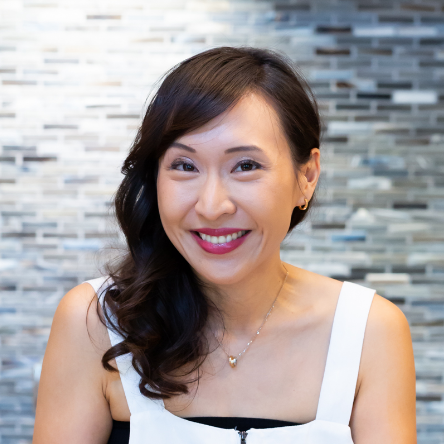
Melissa Lee
Cheif Entertainment Officer
Melissa is 100% MIT (Made in Taiwan), where she worked as a food writer. She’s also worked alongside renowned chefs like Ming Tsai and Joanne Chang, honing her craft and gathering stories along the way. Part story-teller, part educator, and part food lover, Melissa brings a special blend of experience, skill, and enthusiasm to her work. She blends her Asian background, her new home of New England, and love of food and culture to bring joy, optimism, and inspiration to food lovers and fun-seekers everywhere.
What sparked your passion for the industry?
The desire to make things by hand. The joy of sharing delicious, hearty food with students. The opportunity for people to get connected via cooking and baking. When a child smiled broadly and told me it’s the best scone he has ever made and eaten, it really made my day!
In your opinion, what’s the most important course?
Well, I usually take a peek at the wine list first. I like tapas style, so the course doesn’t really matter. Cheese and charcuterie are always a good place to start. And since I’m a pastry chef, there is always room for dessert!
Bill Gates is picking up your tab, where would you go?
Noma, Copenhagen.
